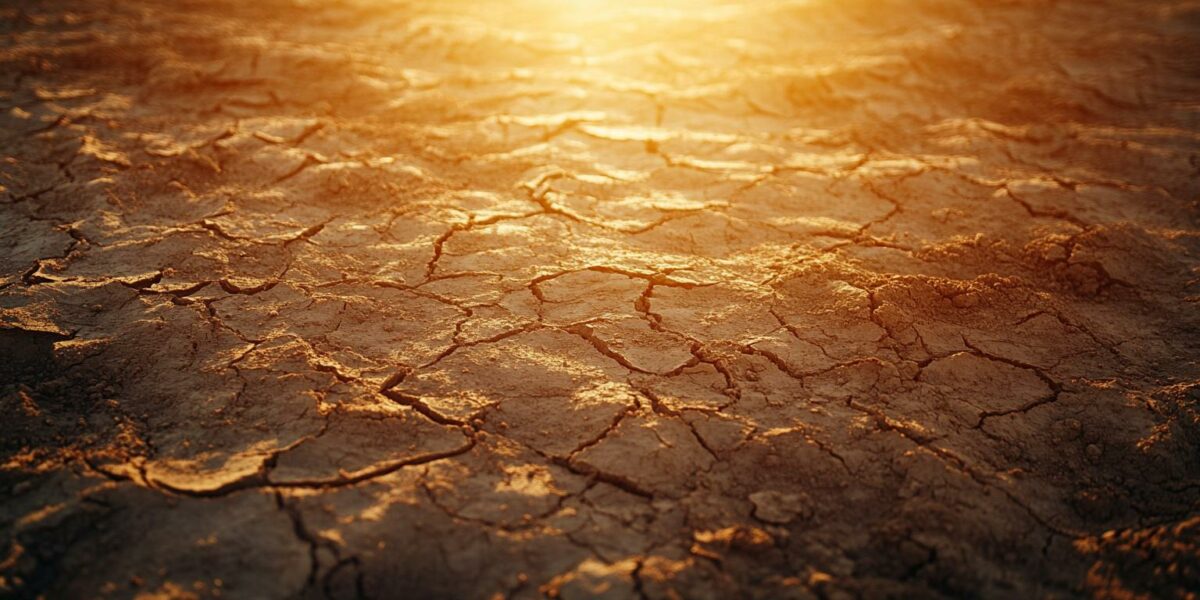Heat Stressed Animals
Millions of Africans rely on livestock for their livelihoods, but these animals are increasingly suffering from extreme heat due to climate change. The frequency of heatwaves is expected to rise, particularly in tropical regions, putting immense pressure on agriculture.
Poultry and pigs are already facing significant heat stress in many areas. This challenge extends to all major domesticated species in West Africa, where outdoor livestock farming may soon become unfeasible.
Experts highlight the urgent need for adaptation measures. Agricultural systems must be reconfigured and relocated to mitigate the effects of rising temperatures.
The International Livestock Research Institute is actively working on solutions, including livestock insurance, community land management, and farmer support programs to help adapt to changing conditions.
Vulnerable Infrastructure
Africa’s transport infrastructure, such as roads and railways, is increasingly threatened by climate change. For instance, Tanzania’s transport networks are at risk of severe flooding, which could disrupt the economy significantly.
Flood damage to these networks may lead to losses of up to $1.4 million per day, according to recent reports. This disruption affects the movement of goods and people, causing economic setbacks.
Environmental impact assessments (EIAs) offer a viable solution. These assessments can identify climate risks and help integrate adaptation strategies into infrastructure projects.
In Tanzania, EIAs have led to recommendations such as using heat-resistant materials, installing flood defenses, and reinforcing structures to better withstand climate impacts.
Health Implications
The warming climate will have profound effects on human health. Public health experts warn of numerous risks including:
-
Heat-related illnesses like heat stroke, exhaustion, and cardiovascular diseases will become more common.
-
Food and water shortages due to drought will jeopardize nutrition and increase the risk of organ failure and death.
-
The spread of infectious diseases like malaria will rise as vectors such as mosquitoes migrate to new areas.
These health challenges highlight the urgent need for effective climate adaptation strategies to protect vulnerable populations.
Mountain Ecosystems in Peril
Africa’s mountain regions are experiencing significant changes due to shifting weather patterns. These changes impact local climate, weathering, soils, and ecosystems, with far-reaching consequences.
Geological hazards, regional economies, and cultural practices are also affected. The interconnectedness of these systems means that the impact of climate change on mountains can have widespread effects.
Physical geographers emphasize the importance of understanding and addressing these changes to safeguard mountain environments and the communities that depend on them.
Comprehensive studies and strategic planning are essential to mitigate the risks and harness opportunities presented by these evolving landscapes.



hannahillumination
More floods and diseases? Yikes! How can local communities prepare for these health risks?
layla_ethereal3
Thanks for the detailed analysis! It’s clear we need to act now.
Sebastian
Do you think the proposed adaptation measures are feasible in the long term?
Charlie
Heat stress on livestock is worrying. What alternative farming methods are being considered?
Willow
Why isn’t this being covered more in mainstream media? It’s so important!
annabelle
Great article! Thank you for shedding light on this critical issue. 😊
Milo
This is really alarming. What are governments doing to address these issues?
Harley
Is there a way for us to contribute to the efforts mentioned in the post? 🌍
elizabeth
Wow, I had no idea the impact was so severe! Are there any success stories of communities adapting effectively?